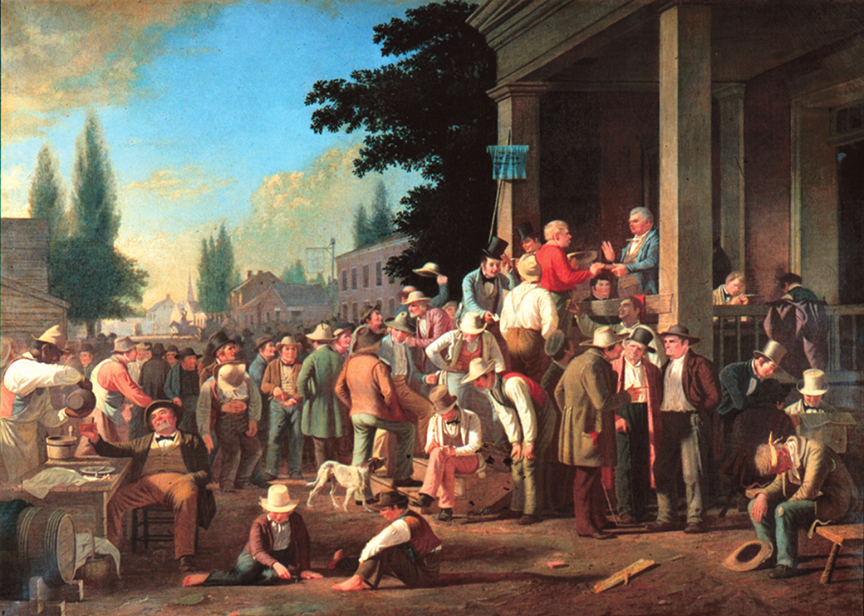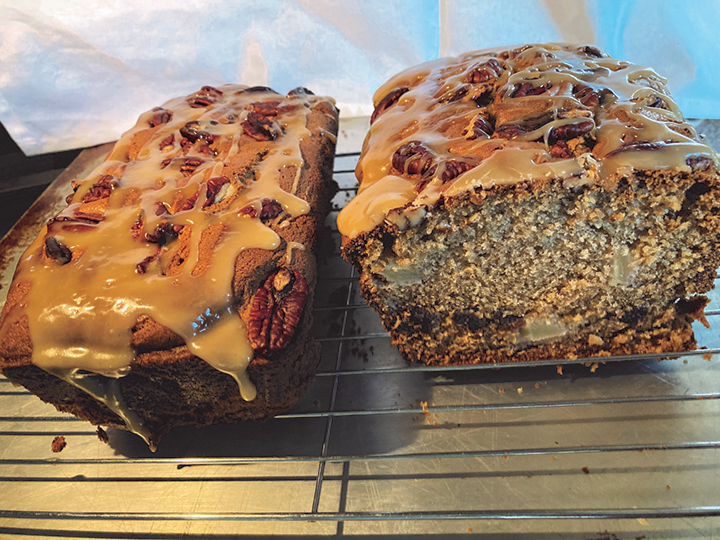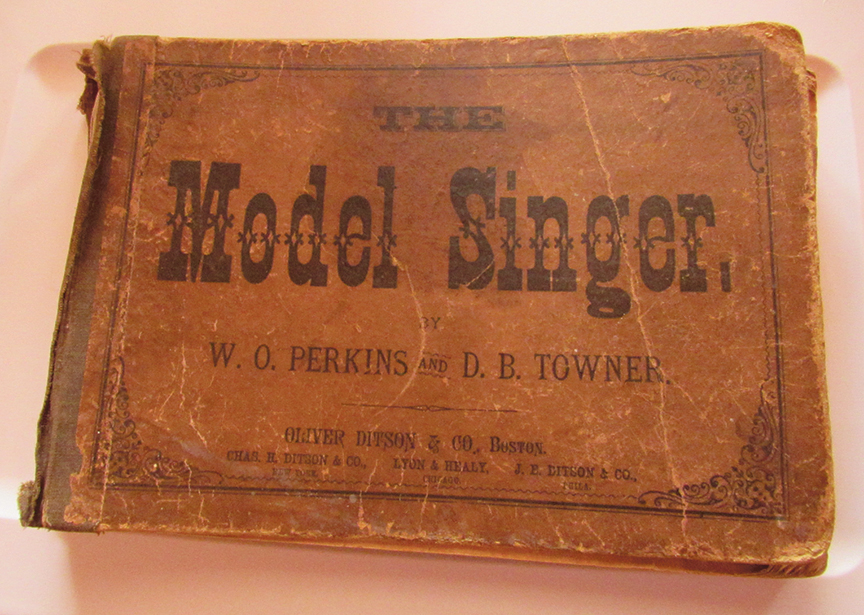Who Is Eligible To Vote? More Than Before

IMAGE: “The County Election” by George Caleb Bingham.


by Robert Hanaford Smith, Sr.
Weirs Times Contributing Writer
If you were an eligible voter in Hampton, New Hampshire during the mid-1600’s you would have probably cast your votes with corn and beans.
A Colonial Act in the year 1643 stated: “It is Ordered by this Court and the Authority thereof, that for the yearly chusing of Assistants, the Freemen shall use Indian Corn and Beans, the Indian Corn to manifest Election, the Beans contrary; and if any free man shall put in more than one Indian Corn or Bean, for the choice or refusal of any publick Officer, he shall forfeit for every such offence, ten pounds, and that any man that is not free, or hath not liberty of voting, putting in any vote, shall forfeit the like sum of ten pounds.”
Hampton was considered a part of Massachusetts until 1679, and as such was governed by Puritan laws. The other three original towns of New Hampshire, Portsmouth, Exeter, and Dover still had laws with more limits on voting than today, but were not quite as strict as Hampton’s. Emphasis was put on the freeman in Massachusetts towns as being one who was a citizen and could vote. To be considered a freeman one had to attend church services. Portsmouth, Dover, and Exeter did not require the men to attend church in order to vote.
Massachusetts, so presumably Hampton was included, felt the need to pass additional laws because some men chose not to become freemen so they didn’t have to go to church services. A fine was imposed on men who refused to serve in a public office, so in order to avoid the fine they had to become freemen, which meant they were obligated to attend a Puritan church. Freemen (citizens) also had to own property and be at least 24 years old. Women could not vote.
Albert S. Batchellor wrote about the qualifications needed to vote and hold public office in a 1919 article in The Granite Monthly. He cited a number of actions taken at various times in the colonial period that changed the requirements needed to vote. One was repealing the law that only church members could vote and hold office.

In 1679 New Hampshire was separated from Massachusetts as a distinct province with a president and council which served as the executive branch, the supreme court, and the first branch in the General Assembly. The president and council were given the right to choose which persons in each town would be eligible to vote for representatives in the first house of representatives. Not long afterwards the laws of New Hampshire said “That all English men, being Protestants, that are settled Inhabitants & freemen holders in any Town of this Province, of the age of Twenty four years, not vitious in life, but of honest and good conversation, and such as have Twenty pounds rateable estate, without heads of persons; Having also taken the Oath of Allegiance to his Ma’ty and no others, shall be admitted to the liberty of being freemen of this Province, and to give their votes…”
The statement continued with a list of elected positions including those in the towns where the freemen lived.
An Act in 1699 shows the owning of property to have been a requirement for voting. It said, “No person Inhabiting within this Province, other than Freeholders of the value or income of Forty Shillings Per Annum or upwards in land, or worth Fifty Pounds Sterling at the least in Personal Estate, shall have any vote in the Election of Representatives; or be capable of being elected to Serve in the General Assembly.”
Consider though the changes in who was eligible to vote in New Hampshire elections in the year 1956 or 300 years or so from those initial regulations.
Under a section of the law with the heading “Legal Voters” we read: “Every inhabitant of each town, being a native or naturalized citizen of the United States, of the age of twenty-one years and upward, excepting paupers and persons excused from paying taxes at their own request, shall have a right, at any meeting, to vote in the town in which he dwells and has his home.”
There were some further explanations about residents and paupers. A person wasn’t considered an inhabitant of a particular town for the purposes of voting unless he had resided there for at least six months, or had been issued a transfer card from another New Hampshire town in which he previously resided. Or, if he did not apply for a transfer card from the town from which he moved he could still vote in that town up to six months after he moved to the new town.
No one was considered a pauper unless he had received assistance from the town within ninety days prior to the meeting in which voting took place. Neither was he considered a pauper if the public assistance he received came from federal funding. A person who was excused from paying taxes at their own request could still vote if he paid all taxes assessed against him prior to voting. Aliens were not allowed to vote until they became naturalized citizens.
In 1956 the supervisors of check lists in New Hampshire towns and cities were required to make and post in at least two “of the most public places in town, a complete alphabetical list of all legal voters in the town thirty days before the day of the biennial and annual elections and any other election at which such list is to be used.”
Election laws then, and I assume now, included a section on “Provisions to Insure the Purity of Elections.”

I was told of a voter who was sought after by men in a local town many years ago in an effort to persuade him to vote. When they found him he said he had already voted in Concord, but he was persuaded to vote again. The fine for any person caught doing the same in 1956 would have been from fifty to five hundred dollars. If anyone gave another intoxicating liquor to influence his vote or as a treat for his vote, the fine was only twenty dollars. Other types of bribery could result in a fine of up to $500 or three months in jail.
Voters today apparently have the same right as they did in 1956 to challenge the credentials of any voter. The 1956 rule was: “Any voter, at any town-meeting, city election, primary, or general election, may challenge any other voter offering to vote therein, and the moderator shall not receive the vote of the person so challenged until he shall subscribe , make and tender to the clerk or moderator an affidavit….”
In that affidavit the person challenged was to swear or affirm that he was who he said he was, that he was an eligible voter, and that he could read and write. Any refusal to recite the affidavit meant that the person was not allowed to vote.
The question of who should be eligible to vote is still being debated today, and if space permitted we could list others who were denied the opportunity to vote in the past.
Robert Hanaford Smith, Sr., welcomes your comments at danahillsmiths@yahoo.com



